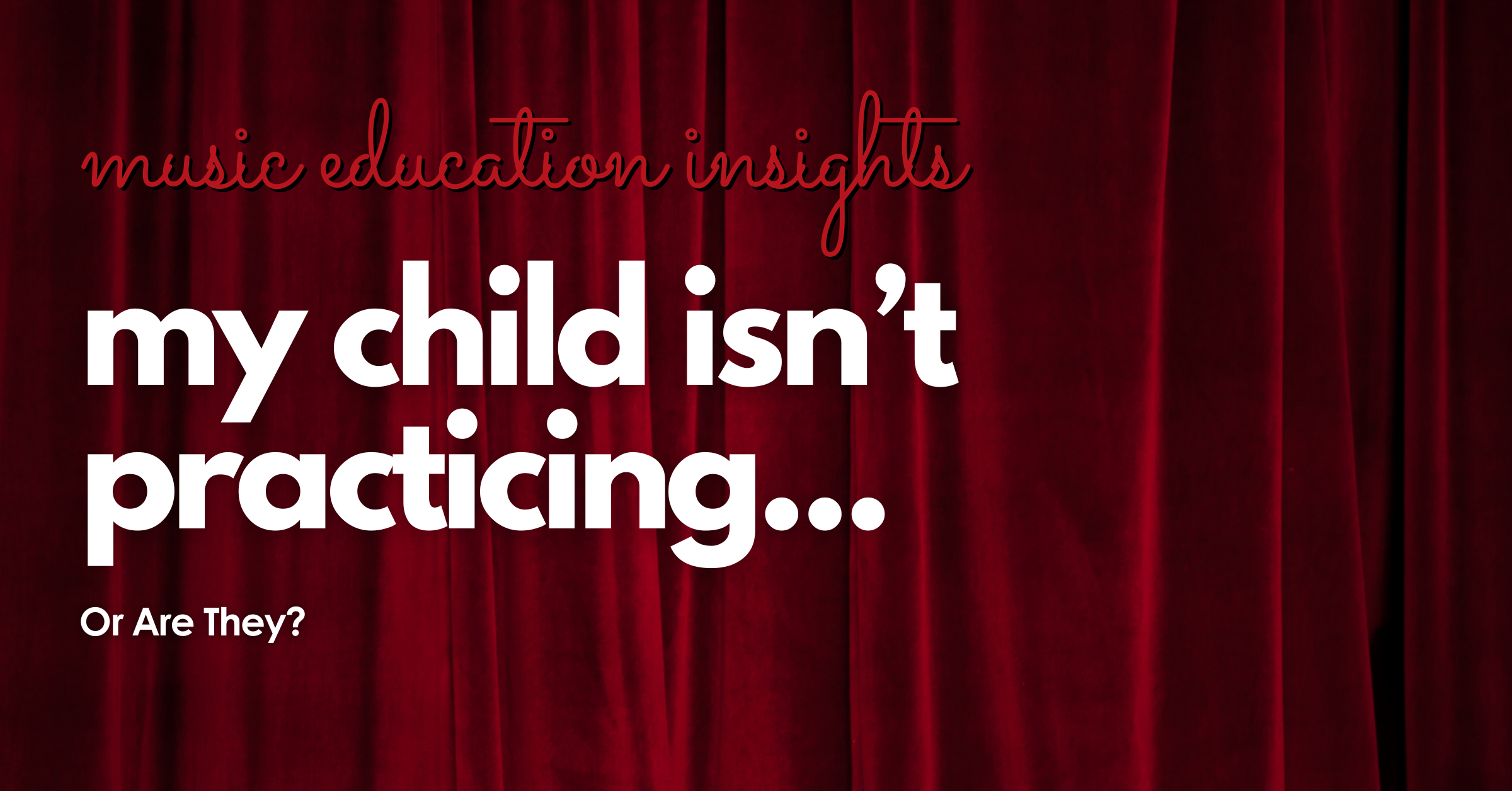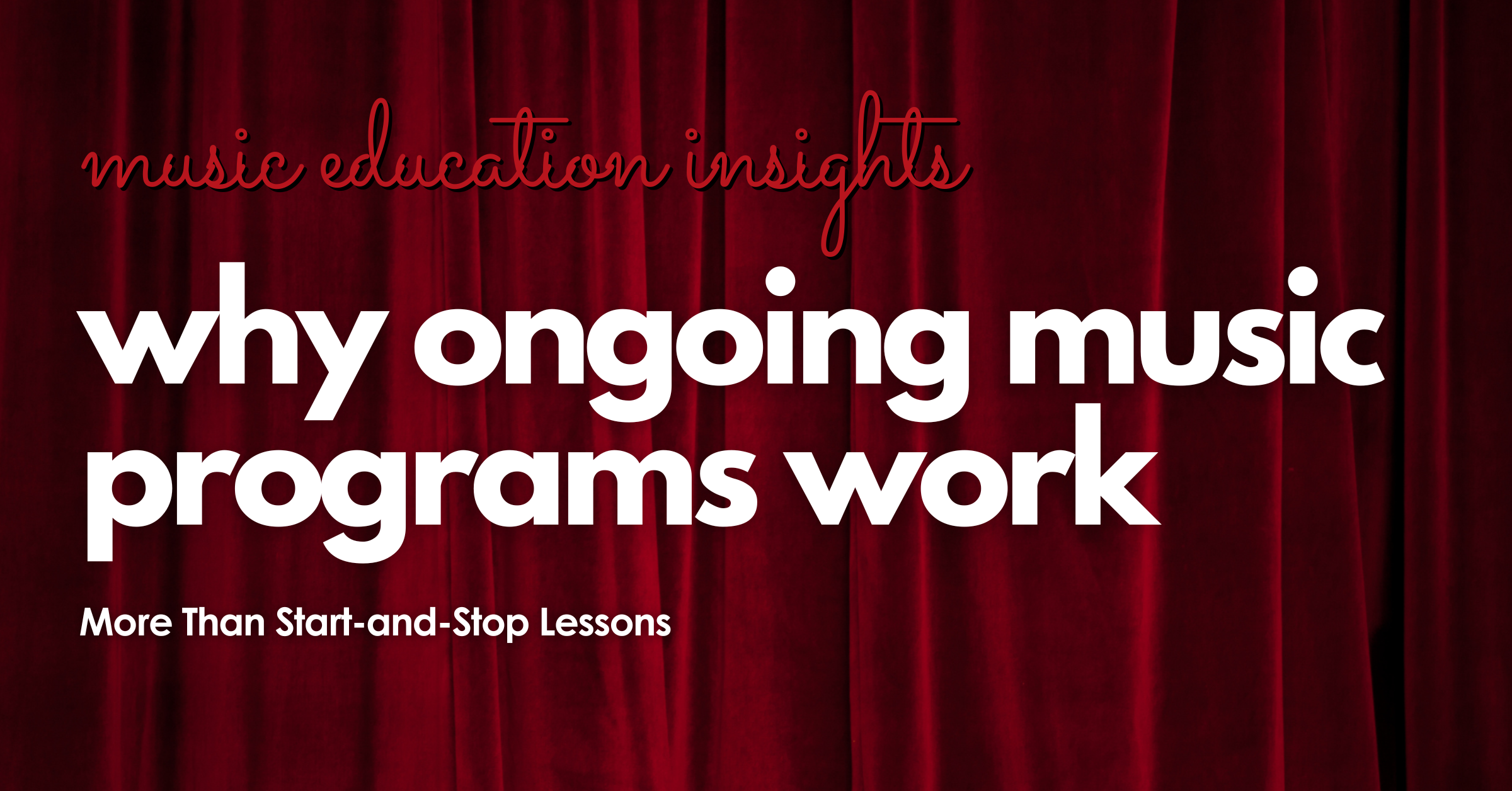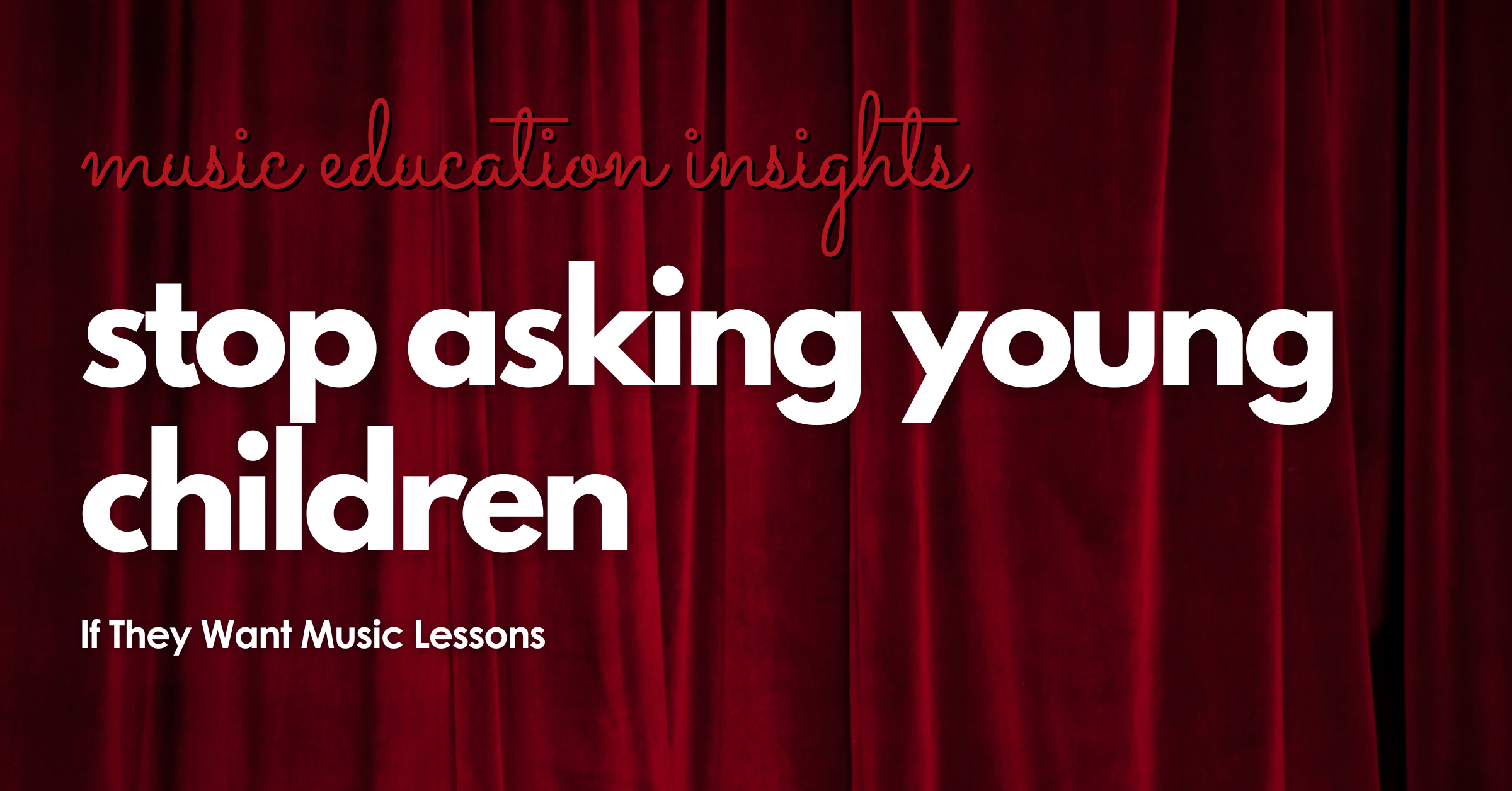

Goal-Setting
Everyone has goals although you might not realize it yet. Think of something you want to achieve but that you can’t get immediately. Learning a new trick on your skateboard, going to a different country you’ve always dreamed of, or reading a book that’s been sitting on your shelf for a month. Those are all different goals that will take time and effort to complete.
Short-Term & Long-Term Goals
Goal-setting is when we commit to achieving something specific and commit to working hard to get it. There are short-term goals that you can achieve quickly like reading your book or learning a skateboarding trick. Long-term goals are ones that you can achieve over a much larger block of time such as planning that trip to a different country.
SMART Goals
You can practice goal setting by setting SMART goals for yourself. SMART is an acronym that reminds us what makes a useful goal and it stands for:

Let’s analyze a goal together and find each of these guidelines.
My goal is, I am going to learn the first 16 bars of my piano song without stopping and restarting for my achievement test in two weeks. This goal is specific because it is about just one section of one song. The goal is measurable because I will either pass my achievement test or I won’t. This goal is attainable because I have a whole two weeks to practice instead of waiting to practice until the night before. This goal is relevant to me because I really like the song and I’m learning it and I want to play it well. Finally this goal is time-based because I know I will take this test in two weeks on a specific date.
I will be sure to physically write down my goal and tell someone like my parents, my teacher, or sibling, or friend so that they can check up on me and help me stay accountable for reaching my goal.
Set your Musical SMART Goals
Music is a great place to practice goal-setting because it is so easy to see growth in yourself and to visualize achieving your goals. Achieving your goals helps you build confidence in yourself and your ability to have positive outcomes to challenges that are important and specific to you. Setting SMART short-term and long-term goals and committing to achieving them will help you all through your life.
This week come up with one SMART goal and share it with your teacher when you see them then talk to them about a second SMART goal together.
The Little School of Music Leadership Program introduces monthly principles to enhance the life lessons, leadership skills, and character development experienced in music education. This is at the core of our program as we use music and learning to play an instrument as the tool. Each month a short introductory video on the monthly leadership principle will be shared with parents, students, and teachers to watch at home. We encourage students to extend what they learn to other parts of their life including at school, at home, and especially among their peers.




